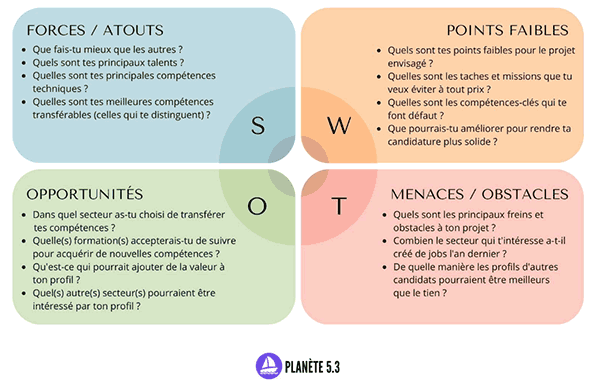
A new step has been taken in AIDS research. Researchers at the US National Institute of Allergy and Infectious Diseases have discovered an antibody that allows the body to protect its cells against the virus when it tries to infect them.
Researchers have succeeded in preventing the virus from infecting cells
In many laboratories around the world, the search for an AIDS vaccine is continuing. New discoveries are regularly announced but it is clear that research is now at a standstill while over the past thirty years, more than a hundred potential vaccines have been tested worldwide, without success.
Recently, however, the US National Institute of Allergy and Infectious Diseases (NIAID) made a discovery that may well change the course of science. The research center has indeed announced that it has succeeded in preventing the AIDS virus from infecting cells.
Many steps before creating a vaccine
It only took one anonymous patient to make this discovery possible. Indeed, it was by analyzing the blood of this infected person that the researchers discovered that the latter had developed a neutralizing antibody never observed before. Called N123-VRC34.01, this antibody attacks not the virus but its envelope, which allows it to fuse with cells in the human body. This is a great discovery, say scientists at NIAID, because “ traditionally viruses try to hide their entry process into cells », They explain for the magazine Science.
Now, research continues on other volunteer patients. This first discovery has been confirmed and the production of this antibody in the form of a vaccine is already imagined.. However, many tests and several clinical trials will have to be undertaken before this discovery leads to the final outcome of this research: an HIV vaccine.















